These are projects supporting academic work at UMBC. Most center on civic engagement, involving our students and communities in the Baltimore region.
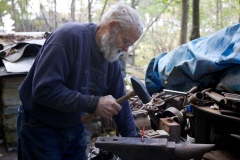
Maryland Traditions is the folklife program of the Maryland State Arts Council. Since 1974, state-employed folklorists have worked to identify, document, support, and present Maryland folklife through grants, awards, festivals, and other programming. Over the years we have worked with Maryland Traditions to produce short films documenting Maryland's intangible heritage
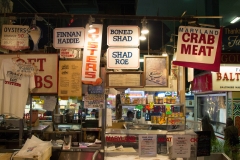
Baltimore Traces is a collaborative teaching innovation that brings together UMBC classes from a variety of disciplines to create media focused on Baltimore residents and neighborhoods. It builds on previous interdisciplinary collaborations including Mill Stories (Michelle Stefano and Bill Shewbridge) and Mapping Baybrook (Nicole King and Steve Bradley). In addition to the videos, photos and oral histories collected on the project site, Baltimore Traces works with the Center for Emerging Media (CEM), a Baltimore non-profit founded by radio host Marc Steiner to create radio programming.
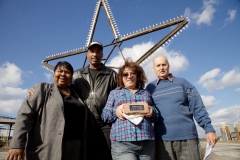
After 125 years of operation, the Sparrows Point Steel Mill (Baltimore, Maryland) finally closed its doors in 2012. “Mill Stories” examines the importance of the mill from the perspectives of former workers and community members while connecting their story to the larger narrative of industrial boom and bust. The Mill Stories project preserves the intangible legacy of the plant through recorded interviews and documentary films collected on the project website.
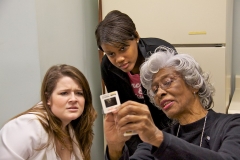
Since 2006, UMBC’s New Media Studio (NMS) has facilitated a vibrant community-of-practice evolving from our digital story work. To support sharing and learning in a network of storytellers, facilitators maintain the campus website Digital Stories @ UMBC, meet with faculty and staff on campus every semester participate in the broader international community of DS practitioners through conferences and publications.
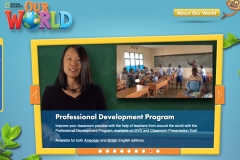
The New Media Studio collaborated with Dr. Joan Shin in creating a professional development series for National Geographic Learning's "Our World" series. “Our World,” uses images and video and provides National Geographic content to young learners of English. The program examines topics such as using video and technology in the classroom, using songs and chants, and providing young learners with real-world content.